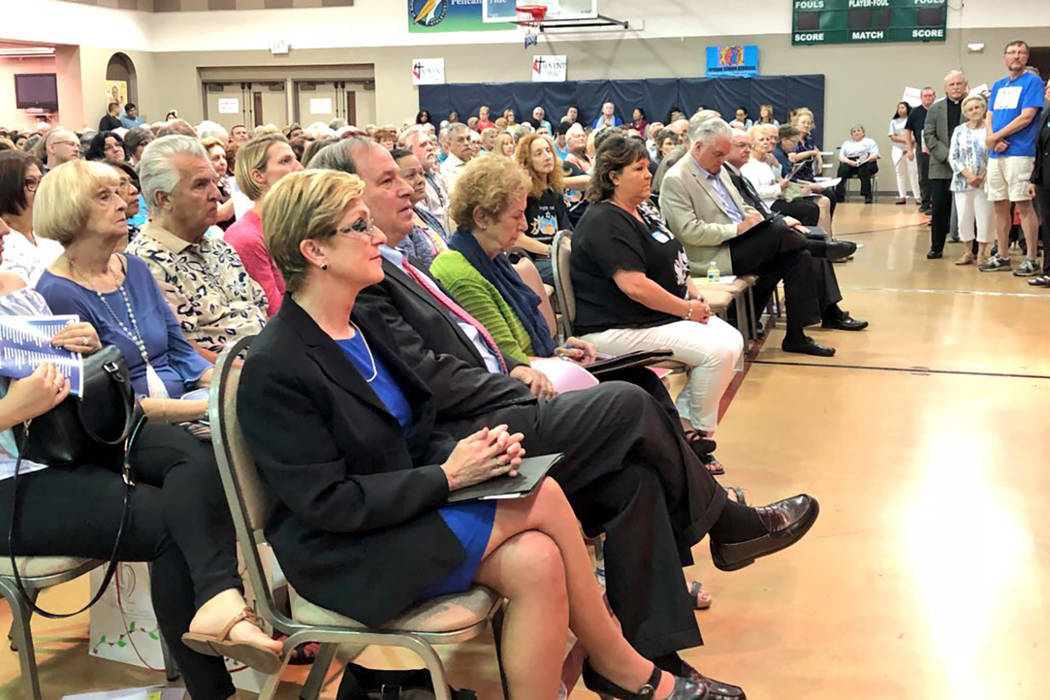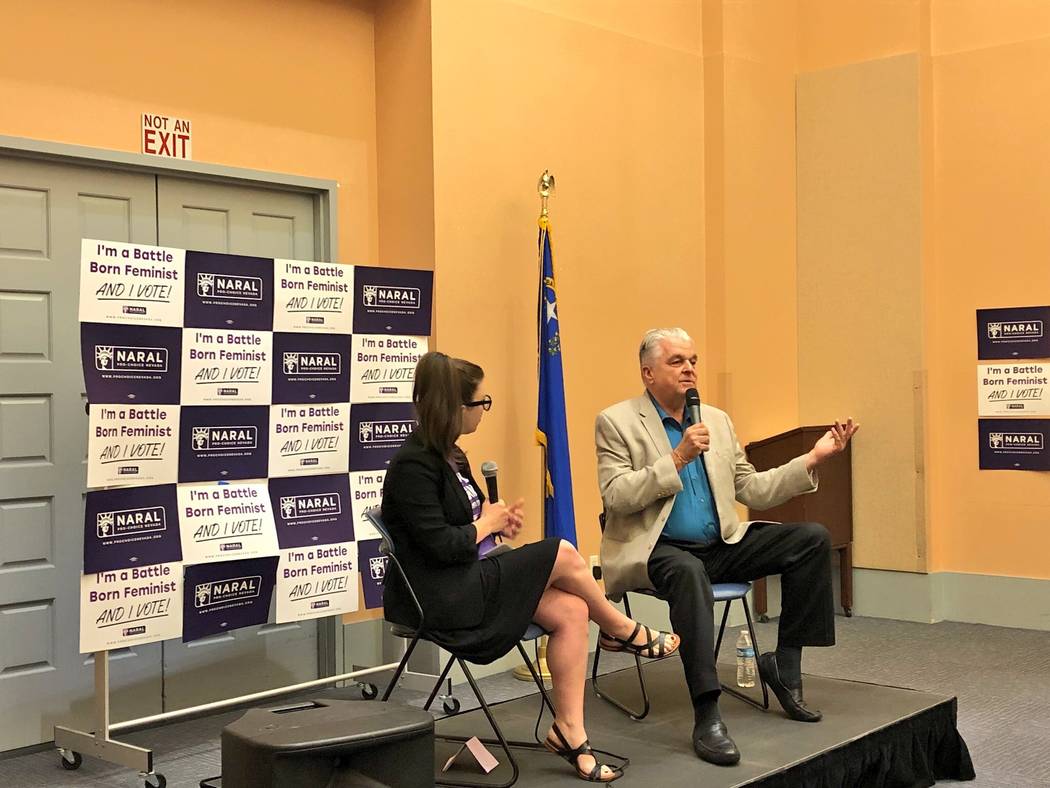How to stop Democrats from raising property taxes
Liberal policy would be much more appealing it there weren’t so many examples of it failing all over the country.
Consider property taxes. Last session, every legislative Democrat voted for a constitutional amendment to increase property taxes. Both leading Democrat gubernatorial candidates, Steve Sisolak and Chris Giunchigliani, have called for property tax hikes.
Compared to other states, Nevada has low property taxes and low overall tax collections. The Tax Foundation ranks Nevada 35th in property taxes paid on personal residences. Nevada’s state and local tax burden ranks 43rd. Local governments, including the Clark County School District, have long blamed low property tax rates for their budget problems.
If that’s true, you’d expect states with high property taxes and high overall tax rates to be in stellar financial shape. But take a look at Illinois, which has mastered raising taxes. It has the second-highest residential property taxes in the country and is fifth-highest in state and local tax burden. It should be in great financial shape, right? Wrong.
In 2016, Illinois had a net loss of 37,508 residents, the highest of any state. Illinois has dropped from the fifth-most populous state to sixth, behind Pennsylvania. The outmigration is so noticeable that the Chicago Tribune is doing a series on the “Illinois exodus” caused by high costs, high taxes and poor public services.
James Heard paid $1,600 in property taxes on his five-bedroom Illinois house when he bought it in 1996. By 2016, the taxes had increased to $10,000 a year. That was no multimillion-dollar mansion. He sold the house for $325,000. Former Illinois resident, Mike Salva estimated that if the house he once owned in Illinois were in Colorado, where he lives now, he’d pay $1,827 a year in property tax. The actual tax bill in Illinois is $7,613.
Sky-high taxes haven’t produced fiscal tranquility. Illinois puts its unfunded pension liability at $130 billion. Moody’s estimates it at more than $250 billion. Either way, the state is slowly going bankrupt. Earlier this month, Federal Reserve Bank of Chicago economists came out with a new plan: raise property taxes. They proposed a new 1 percent property tax hike for 30 years to pay down pension debt. If your home is worth $250,000, you’d pay $2,500 each year — for no new services.
If you support higher property taxes, which Democrats do, please explain why decades of high taxes didn’t solve Illinois’ budget problems. The answer is easy: collective bargaining. When you give governments more money, unions demand higher wages.
It’s what you’re seeing right now in Clark County. My former colleagues at the Nevada Policy Research Institute released a study last week showing that the average weekly wages of local government workers in Clark County were 22 percent higher than the national average. Private-sector workers here earned 15 percent less than the national average. Adjusted for cost of living, these employees are in the top 1 percent of local government workers nationwide. Yet SEIU has rejected a 2 percent salary increase and is demanding a 3.25 percent hike.
It’s good that Republicans have almost uniformly opposed property tax hikes, but there is more to do. The current property tax caps are vulnerable to a constitutional challenge, because they treat personal residences and commercial property differently. Republican gubernatorial front-runner Adam Laxalt and other Republican candidates should propose enshrining property tax caps in the state constitution.
As Illinois shows, raising taxes doesn’t solve the government’s problems. It just makes them more expensive.
Contact Victor Joecks at vjoecks@reviewjournal.com or 702-383-4698. Follow @victorjoecks on Twitter.




























